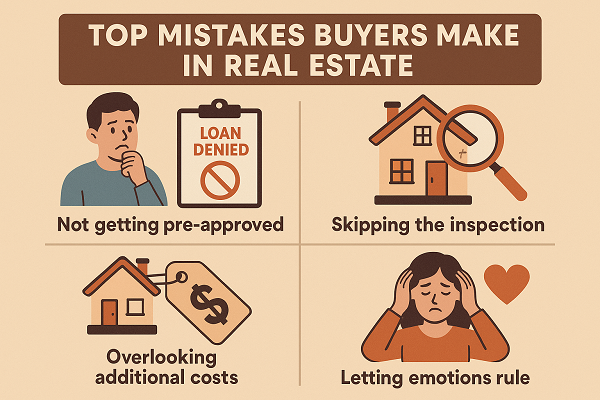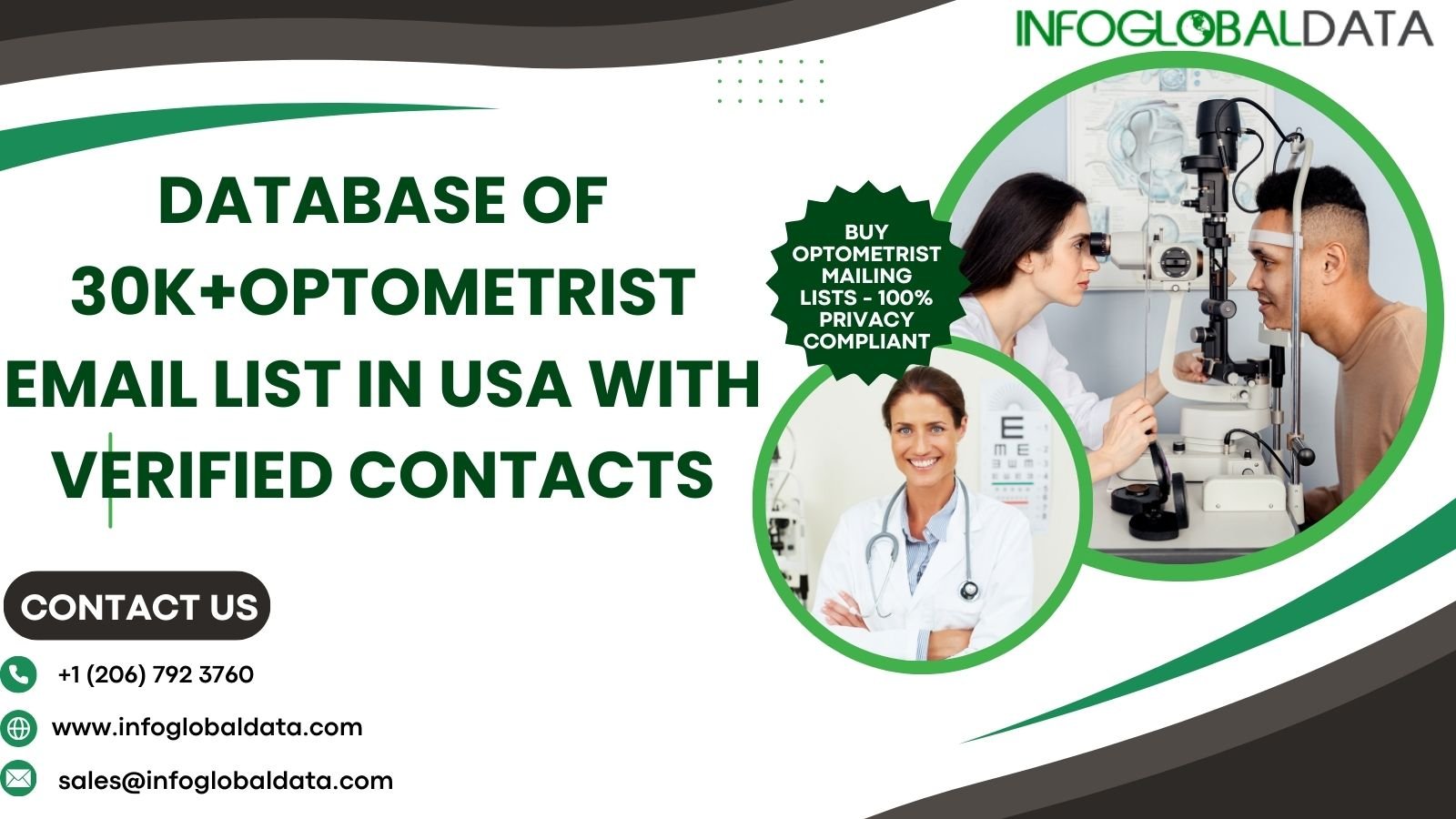In recent years, the use of essential oils has seen a remarkable surge. From wellness enthusiasts and aromatherapists to large-scale manufacturers of cosmetics and personal care products, everyone is embracing the power of plant-based oils for their therapeutic and aromatic benefits. But as demand grows, so does the importance of sourcing oils from trustworthy essential oil suppliers.
Whether you’re a small business owner launching your own skincare brand or an individual seeking quality oils for personal use, choosing the right supplier can make all the difference. Here’s a comprehensive guide on what to look for in essential oil suppliers and why quality matters more than ever.
Why Choosing the Right Essential Oil Supplier Matters
Essential oils are highly concentrated plant extracts. The quality of these oils depends largely on the raw materials used, the extraction method, and the storage process. A reputable essential oil supplier will ensure that their oils are:
- 100% pure with no added synthetics
- Therapeutic-grade and tested for potency
- Sustainably and ethically sourced
- Properly stored and packaged to preserve shelf life and effectiveness
Poor-quality oils can not only reduce the effectiveness of the product but may also pose risks when used topically or through inhalation. This is why sourcing oils from verified and experienced essential oil Wholesale is so critical.
What to Look for in a Trusted Essential Oil Supplier
1. Transparency in Sourcing and Testing
Reputable suppliers are transparent about where and how their oils are sourced. They’ll provide details about the botanical origin, country of origin, harvesting methods, and distillation process. Look for suppliers that publish GC/MS (Gas Chromatography/Mass Spectrometry) reports, which confirm the chemical composition and purity of their oils.
2. Certifications
Essential oil suppliers that are certified by third-party organizations add an extra layer of trust. Certifications like USDA Organic, ISO, or Fair Trade reflect adherence to high-quality and ethical production standards.
3. Customer Reviews and Reputation
Online reviews and testimonials can offer real insight into a supplier’s reliability and customer service. Check how long the company has been in business and look for a loyal customer base that consistently vouches for their products.
4. Wide Range of Oils
Top-tier suppliers typically offer a broad selection of oils, including popular options like lavender, peppermint, tea tree, and eucalyptus, as well as more exotic and rare essential oil distributors. This variety not only reflects expertise but also gives you more flexibility when formulating products or trying new blends.
5. Sustainable and Ethical Practices
In today’s world, conscious consumerism is on the rise. Look for essential oil suppliers who support fair wages, ethical harvesting, and eco-friendly farming practices. Sustainable sourcing not only supports local communities but also helps protect plant biodiversity for future generations.
Types of Essential Oil Suppliers
Depending on your needs, you may encounter different types of suppliers:
- Wholesale Suppliers: Ideal for businesses and bulk buyers, these suppliers offer essential oil bulk in large quantities at competitive rates.
- Retail Suppliers: These focus on smaller packaging and cater to individual consumers. Many also sell kits, diffusers, and carrier oils.
- Private Label Suppliers: For entrepreneurs looking to launch their own brand, private label suppliers provide both oils and branding services.
- Distributors of Global Brands: Some suppliers act as authorized distributors for established international essential oil manufacturers brands.
Understanding the type of supplier that aligns with your needs can help you find the most suitable partnership.
Questions to Ask Your Essential Oil Supplier
Before you make a purchase, ask the following questions to ensure you’re working with a reliable source:
- Is this oil 100% pure or blended with a carrier?
- Can I see the GC/MS report or Certificate of Analysis?
- Where are the plants grown and how are they harvested?
- What is the shelf life and recommended storage method?
- Do you offer samples before committing to bulk purchases?
Top Tips for Buying Essential Oils in Bulk
If you’re buying in large quantities, keep these tips in mind:
- Always test a sample first to ensure quality and compatibility.
- Check the packaging – dark amber or cobalt blue glass bottles help preserve oil quality.
- Inquire about shipping practices, especially if oils are being shipped internationally. Heat and light can degrade essential oil quality during transit.
- Understand pricing tiers – higher quality doesn’t always mean higher prices, but suspiciously low prices can be a red flag.
Final Thoughts
Choosing the right essential oil Wholesale is crucial whether you’re formulating a product line, offering aromatherapy services, or simply enhancing your personal wellness routine. The market is full of options, but the best suppliers stand out through transparency, integrity, and an unwavering commitment to quality.
By taking the time to research and connect with reputable essential oil suppliers, you ensure that what you’re putting on your skin or inhaling into your lungs is safe, effective, and responsibly sourced.
So go ahead—empower your wellness journey by choosing a supplier you can truly trust.










Leave a Reply